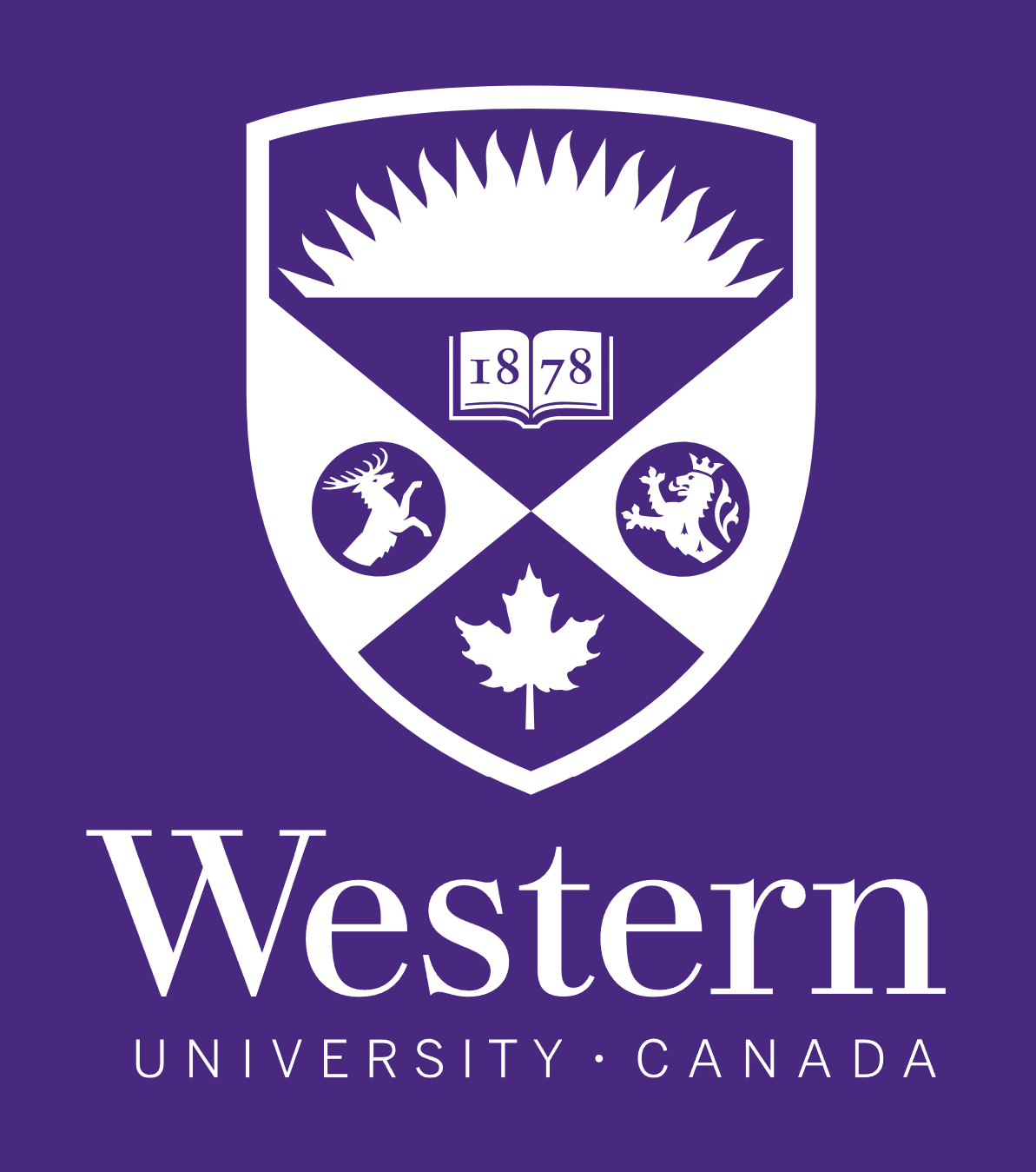Dr. Robert Shcherbakov
Associate Professor
Laboratory for Physics and Statistics of Earthquakes (BGS 0179):
The Computational Geophysics Laboratory (CGL) funded through CFI provides infrastructure to facilitate the study and modelling of a spectrum of geophysical phenomena. Within this laboratory, we advance the development of parallel computing for the purpose of investigating and solving geophysical problems. Dr. Robert Shcherbakov, an expert in numerical modelling of complex systems with a particular focus in earthquake physics leads this infrastructure for geophysical computing. Research topics enabled by the infrastructure include: Forward and inverse modelling of seismic wave propagation; simulation of earthquake source physics; analysis of the fracture of rocks and the degradation of materials; studies of natural hazards.
The Laboratory is housed within the Deptartment of Earth Sciences at Western in the room BGS 0179. The aim of the CGL is to implement research projects in computational geophysics, leading naturally to the development of a parallel computational framework in geophysics. The infrastructure consists of the following components: 1) a computer mini-cluster (8 nodes - 64 processors), a server node, a storage/backup node; 2) a software suite for parallel code development, data analysis, and visualization. Each computer workstation has specific software installed for modelling, analysis, and interpretation of natural and synthetic data (Matlab, Gedco Vista, Mathematica, OriginPro, Comsol Multiphysics). They also have appropriate software development tools installed, including compilers for C/C++, Fortran with MPI library implementation (Intel Compiler and Cluster Toolkits, NAG Libraries) for the development of in-house serial and parallel codes. Once executable codes are ready, large-scale testing and production runs are submitted to SHARCNET clusters (a consortium of Canadian academic high performance computers), fully leveraging the computing power of these parallel facilities.



